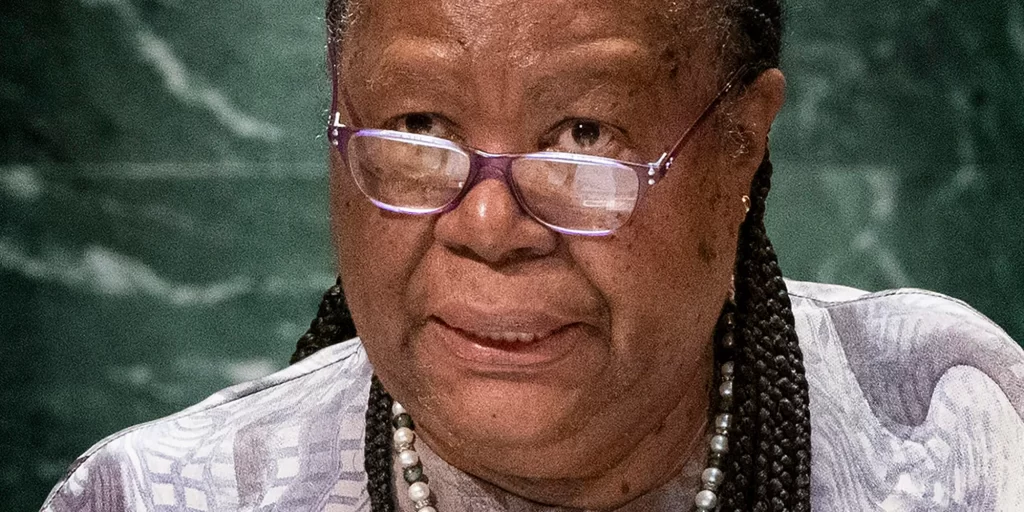In a recent meeting with the chief prosecutor of the International Criminal Court (ICC), Karim Khan, South Africa’s Minister of International Relations, Naledi Pandor, sought clarity on the decision to issue an arrest warrant against Russian President Vladimir Putin while not taking similar action against Israeli Prime Minister Benjamin Netanyahu. Pandor, who visited the ICC ahead of a ruling by the International Court of Justice (ICJ) in The Hague, expressed concerns about the slow progress on the referral submitted by South Africa last year.
Last year, South Africa referred Netanyahu and senior officials in his government to the ICC, urging an investigation into alleged war crimes and crimes against humanity related to their military operation in Gaza. Pandor, in a media briefing in Pretoria, revealed her dissatisfaction with Khan’s response regarding the different approaches to Putin and Netanyahu.
During the meeting with Khan, Pandor emphasized the importance of not interfering with independent processes but expressed concern about the sluggish pace of action on the urgent matters referred by South Africa. While Khan assured that the matter was under consideration, Pandor noted a lack of satisfactory answers to her question about the discrepancy between the arrest warrant for Putin and the ongoing investigation into Netanyahu.
Pandor conveyed her determination to keep probing the matter and seek a resolution, emphasizing the need for clarity and transparency in the ICC’s actions. The chief prosecutor explained that investigations were ongoing, and no conclusions could be drawn until their completion.
South Africa’s referral aimed to prompt the ICC to initiate an investigation into the Gaza issue. Khan had previously mentioned that he had been investigating the Gaza situation for the past three years. Pandor’s inquiry sheds light on the complexities and challenges in addressing international legal matters and underscores the importance of a thorough and transparent investigative process by the ICC.
